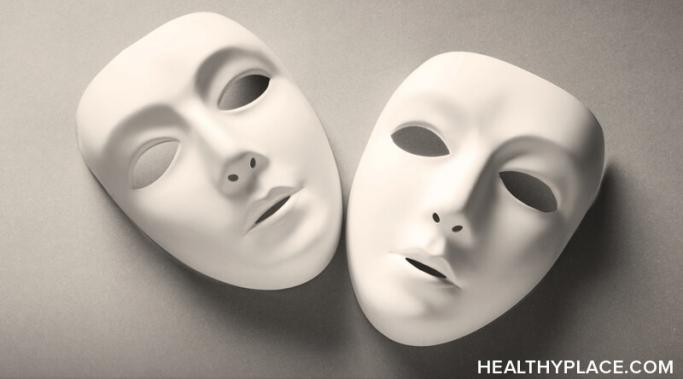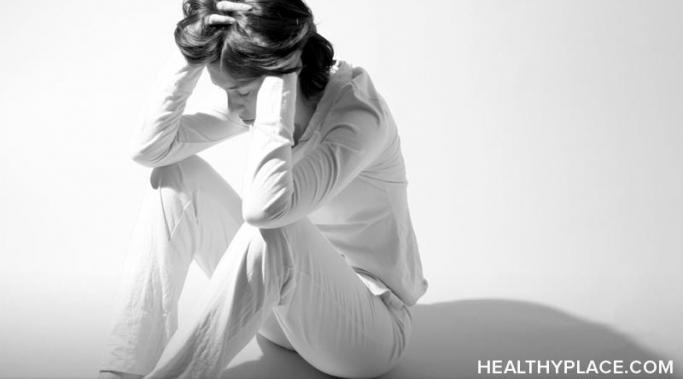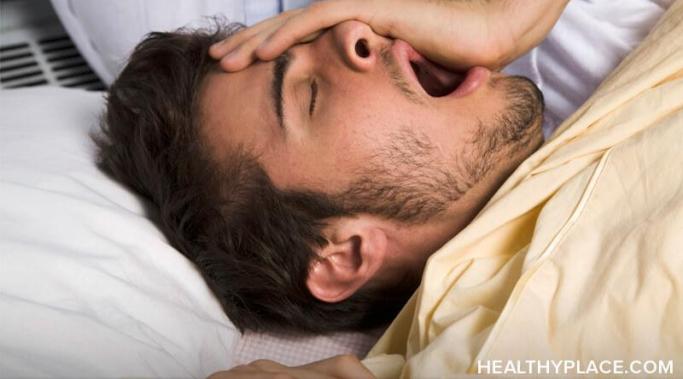Blogs
I've found that my mind looks for logic when I'm anxious. In my experience, one of the difficult things about anxiety is dealing with the lack of control that accompanies it, especially when I feel like I can't make sense of what is happening in the situation I am in. When I feel this lack of control, I become completely overwhelmed and feel as though I don't have control over the circumstances within my environment.
Like many people who live with borderline personality disorder (BPD), the relationships in my life have been turbulent: I've been estranged from my family on several occasions, and my friendships rarely last longer than a few years. However, the most dysfunctional relationships I've had have been with my two long-term romantic partners. I don't like how I behaved in either of those relationships, yet I felt helpless to find a way to behave differently. I watched myself become passive-aggressive, demanding, argumentative and possessive. I witnessed the hurt I caused and wrestled with intense shame, despair, and self-loathing. The turmoil I struggled with in my relationship with my first boyfriend was so intense that, after our breakup, I ended up overdosing as a cry for help. (Note: This post contains a trigger warning.)
Your thoughts aren't real. I know that might sound false, but understanding both parts of that sentence is critical to dealing with bipolar disorder. I have to remember that sentence every day in order to get me through. But recognizing that my thoughts aren't real or permanent does help, and I believe it can help you too.
If you've been having intrusive thoughts about self-harm—even if you've never hurt yourself and don't believe you ever would—ignoring them won't make them go away. In fact, it may make things worse.
"Get over it." "Snap out of it." If I had a dime for every time I heard those phrases about depression, let's just say I could quit my day job. It irritates, no infuriates, me that the sheer magnitude and hardship that is depression is diminished. It makes a challenging experience all the more compounding. It is hard to say if it's ignorance that drives this misconception or stigma or if the two are even mutually exclusive; one thing for sure is that none of it is helpful to an individual struggling.
My relationships changed after I was abused. I learned this a while ago when I had a chance to sit back and examine the people I have as part of my inner circle. It was then that I realized my friends now significantly differed from those years ago. So naturally, I immediately felt sad, thinking that maybe it was something I did or said to create a rift between me and these others. So naturally, self-blame was my go-to emotion when I felt there was a problem. Thankfully, I have therapists that guide me through different situations, including ones like this, where I feel uncertain.
Moving abroad is no easy feat. Saying goodbye to your family and friends and dealing with the culture shock can be difficult. I moved to the United States when I was 19, and it was one of the hardest things I have done. The uncertainty of settling abroad was extremely anxiety-inducing for me. I'm soon moving to yet another country, and from what I've previously experienced, I now feel more confident moving abroad. In this blog post, I'll share some tips for coping with anxiety when moving abroad.
Depression often makes me want to do nothing. Whether it's due to demotivation, apathy, fatigue, or despair, I only want to sleep as much as possible. When I know in my gut that I need the rest, I sleep and feel better the next day. But I usually fight the urge to do nothing because giving in to it makes my depression worse. This seems to be a common issue for depressives, and knowing my reasons may help you figure out yours.
I recently came across the concept of embodiment while scrolling on that quintessential self-care resource known as Instagram. (Please note the sarcasm—I am trying to break said scrolling habit.) But excessive social media consumption aside, this term has resonated in my bones. Embodiment evokes a sense of deep awareness, connection, appreciation, and trust for the body. It feels intuitive and emotionally safe, like the start of a close friendship. It also feels sensory and tactile, like the experience of being unconditionally at home in my own skin. Since this initial Instagram encounter, I have wanted to learn all I can about what it means to practice the art of embodiment in eating disorder recovery.
On August 10, 2022, I wrote about how I reached a milestone in my trauma recovery, specifically, how I managed through a potentially high-triggering event without incident. The most significant milestone will arrive this weekend when I return to where the worst part of the trauma occurred. I'm trying to be proactive in my preparations by taking stock of the panic- and anxiety-mitigation tools I have at my disposal.









